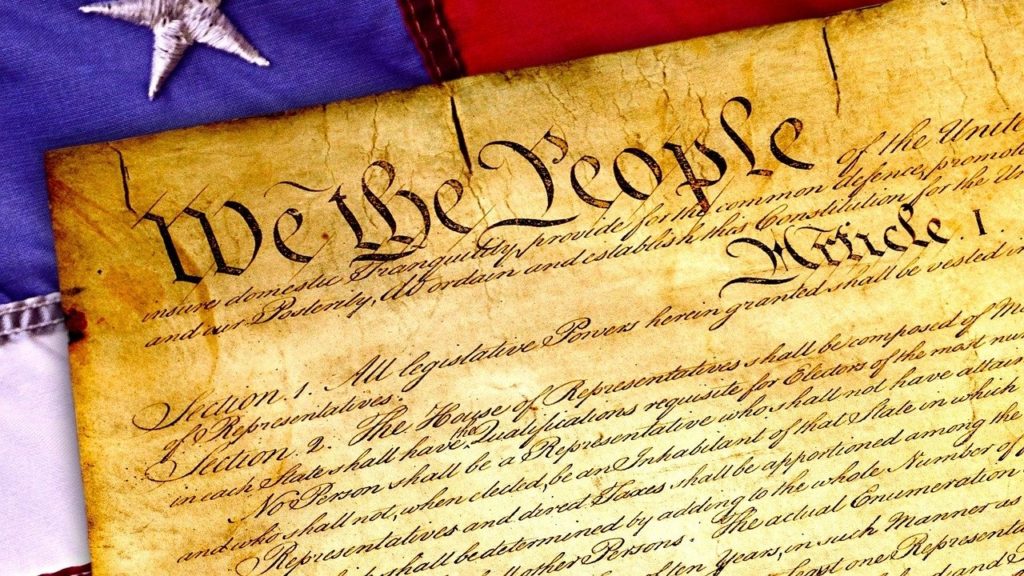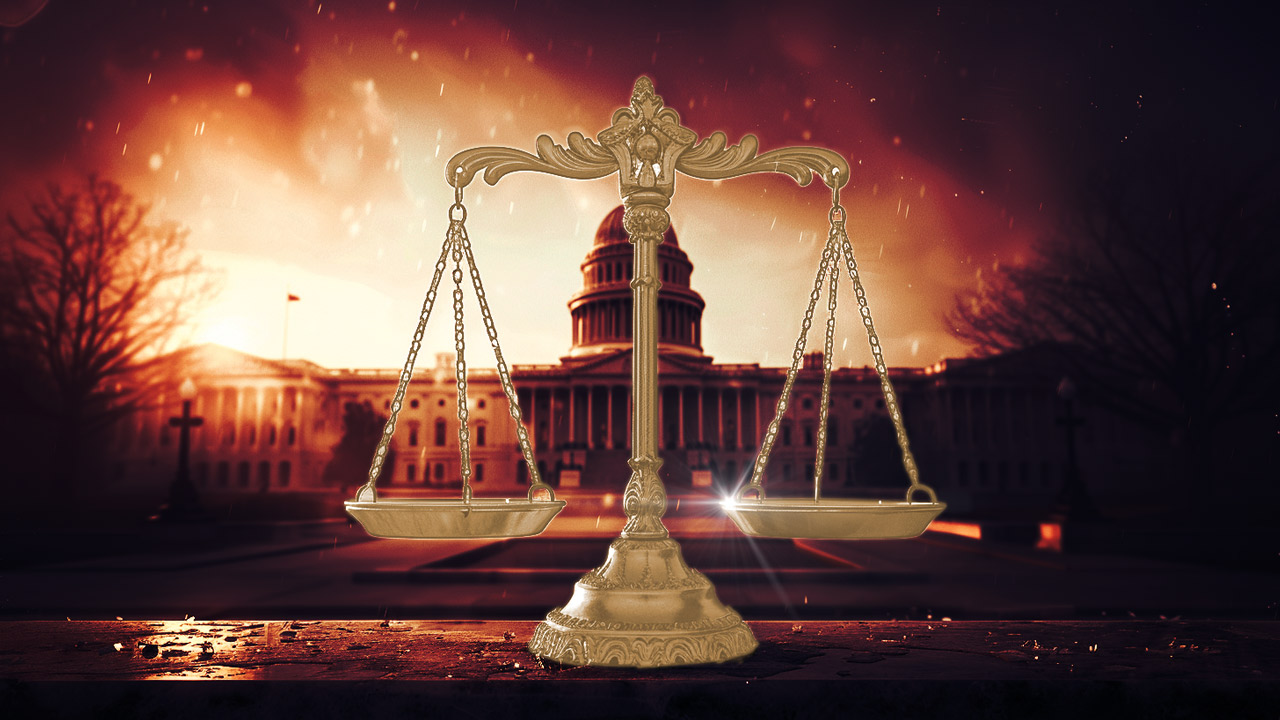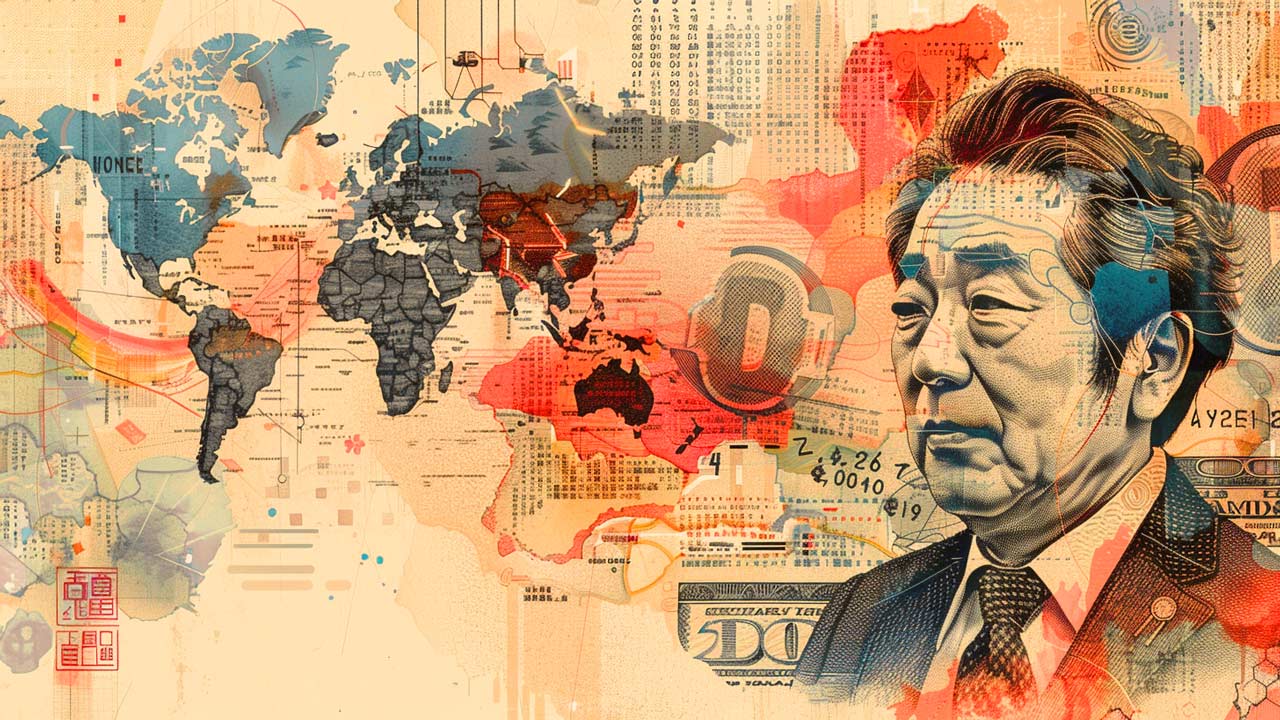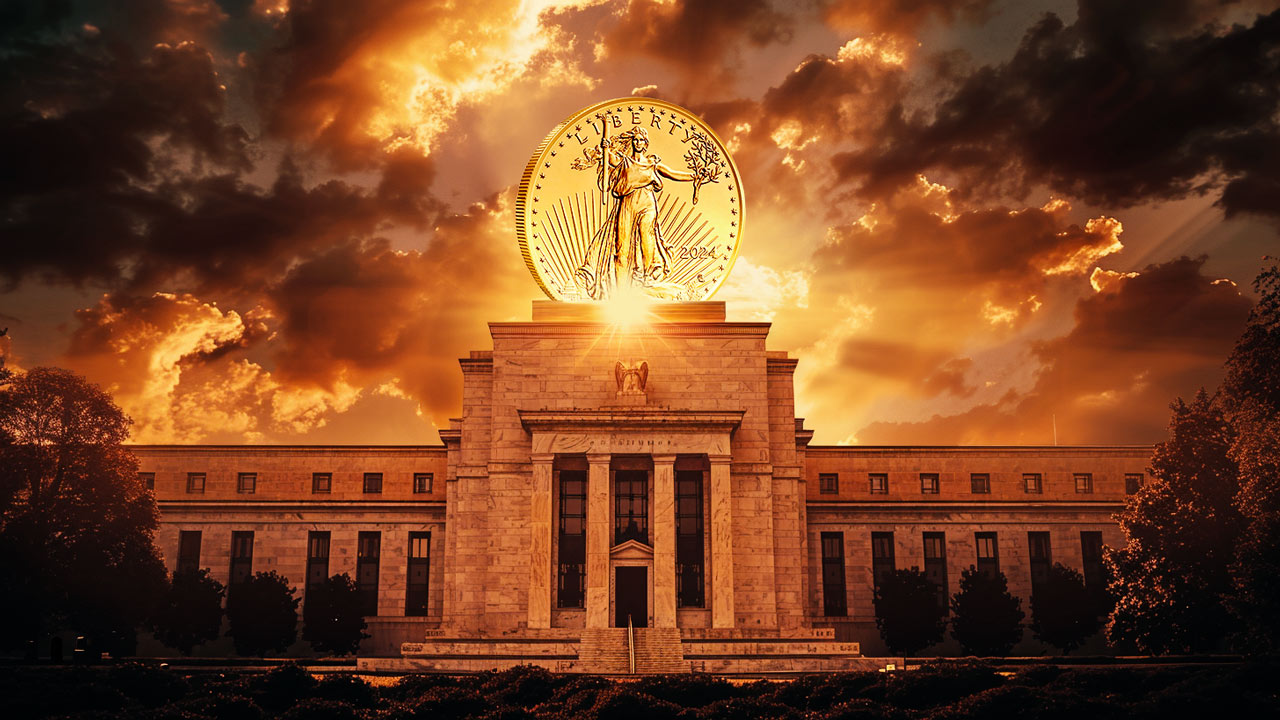The Federal Government Has No Constitutional Authority to Impose a Minimum Wage
Talk of hiking the minimum wage at the national level has ramped up in recent weeks. With the Democrats controlling the House and the Senate, and Joe Biden in the White House, it seems increasingly likely that we’ll soon see a federal $15 per hour minimum.
In other words, it may soon be illegal to take a job that pays less than $15 an hour.
Of course, this is a horrible policy. Wages shouldn’t be “regulated.” You must suspend basic laws of economics to think otherwise. I talked in-depth about the economic problems with minimum wage laws during my Feb. 12 Friday Gold Wrap Podcast.
Beyond the economic problems with minimum wage policy, there are constitutional issues when the feds try to implement it. In fact, the feds have no constitutional authority to impose wage controls at all.
Federal supremacists will quickly point to the commerce clause. But that constitutional argument for a federal minimum is as ignorant as the economic arguments.
When the Constitution was written and ratified, “commerce” did not mean “any and every economic activity.” Over time, the Supreme Court has applied that definition. In effect, politically connected lawyers on the federal payroll amended the Constitution to give the federal government power it was never intended to wield.
And today, as Justice Clarence Thomas pointed out in his dissent in the medical marijuana case Raich v. Gonzales, under the Court’s expansive definition of commerce-power, the federal government has “no meaningful limits.”
So, what did “commerce” mean in the founding era? Simply put, commerce pertained to trade – the act of exchanging goods. Commerce power also extended to regulation of the transportation system, shipping, and interstate and international waterways.
When researching his scholarly paper, The legal meaning of commerce in the Commerce Clause, Rob Natelson scoured 17th and 18th century case law, legal works and legal dictionaries, as well as lay usage of the word. His research showed commerce was almost exclusively used in connection with trade – not the broader range of economic activities the Supreme Court uses. Commerce included “buying and selling products made by others (and sometimes land), associated finance and financial instruments, navigation and other carriage, and intercourse across jurisdictional lines.”
Natelson wrote:
“Commerce benefited agriculture and manufacture by circulating their products, but it did not include agriculture or manufacture. Jurists compared commerce to an enormous circulatory system, carrying articles throughout the entire Body Politic, as the blood in the human body carries oxygen and nourishment. Thus, like the American Founders, English lawyers and judges understood the tight interrelationship between commerce and other parts of the economy, yet they were careful to distinguish them conceptually.”
Commerce was never intended to give the federal government the power to regulate manufacturing, agriculture, labor laws, health care, or a host of other activities claimed by federal supremacists of all stripes.
When it comes to regulating “trade” across state lines, the commerce clause does give the federal government significant power, but the purpose for delegating that power was quite limited.
James Madison explained the intent of the commerce clause in a letter to J. C. Cabell dated February 13, 1825. He acknowledged that a broader delegation of power is implied by listing the power to regulate interstate commerce and foreign commerce together, but insisted that was not the intent.
“I always foresaw difficulties might be started in relation to the interstate commerce power…Being in the same terms with the power over foreign commerce, the same extent, if taken literally, would belong to it. Yet it is very certain it grew out of the abuse of the power of the importing states in taxing the non-importing, and was intended as a negative and preventative provision against injustice amongst the states themselves, rather than as a power to be used for the positive purposes of the General Government, in which alone, however, the remedial power could be lodged. And it will be safer to leave the power with this key to it, than to extend to it all the qualities & incidental means belonging to the power over foreign commerce, as is unavoidable, according to the reasoning I see applied to the case.”
The bottom line is the federal government was never intended to micromanage the economy through wage laws, labor laws, agricultural regulations, industrial regulations, healthcare laws and the like. Those powers were left to the states and the people. When the federal government regulates the economy and it does not directly relate to trade, it is usurping power and violating the Constitution.
Simply put, Uncle Sam doesn’t have the authority to tell you that you can’t work for $14 an hour. This isn’t regulating commerce. It’s usurping power.
This article was adapted from an article originally published at the Tenth Amendment Center.





 What is Nvidia? If you’re a committed gamer the question may sound like nonsense. Nvidia, which was founded in 1993, is a tech company that makes GPUs and other products. It originally specialized in making products for the video game industry, that assisted in 3D rendering. If you were a committed gamer, you probably owned their products. If you weren’t, you might not have heard of them.
What is Nvidia? If you’re a committed gamer the question may sound like nonsense. Nvidia, which was founded in 1993, is a tech company that makes GPUs and other products. It originally specialized in making products for the video game industry, that assisted in 3D rendering. If you were a committed gamer, you probably owned their products. If you weren’t, you might not have heard of them. With the AI boom and green energy push fueling fresh copper demand, and with copper mines aging and not enough projects to match demand with supply, the forecasted copper shortage has finally arrived in earnest. Coupled with persistently high inflation in the US, EU, and elsewhere, I predict the industrial metal will surpass its 2022 top to reach a […]
With the AI boom and green energy push fueling fresh copper demand, and with copper mines aging and not enough projects to match demand with supply, the forecasted copper shortage has finally arrived in earnest. Coupled with persistently high inflation in the US, EU, and elsewhere, I predict the industrial metal will surpass its 2022 top to reach a […] America’s trust in its institutions has rapidly eroded over the past 20 years. We have a lower level of trust in our judicial system and elections than most European countries. Some of this is natural, as Americans are uniquely individualistic, but much of it arises from repeated government failures.
America’s trust in its institutions has rapidly eroded over the past 20 years. We have a lower level of trust in our judicial system and elections than most European countries. Some of this is natural, as Americans are uniquely individualistic, but much of it arises from repeated government failures. Decades of negative interest rate policy in Japan have ended. That could mean the end of the $20 trillion “yen carry trade,” once one of the most popular trades on foreign exchange markets, and a chain reaction in the global economy. The yen carry trade is when investors borrow yen to buy assets denominated in […]
Decades of negative interest rate policy in Japan have ended. That could mean the end of the $20 trillion “yen carry trade,” once one of the most popular trades on foreign exchange markets, and a chain reaction in the global economy. The yen carry trade is when investors borrow yen to buy assets denominated in […] With a hot CPI report casting a shadow of doubt on the likelihood of a June interest rate cut, all eyes are on the Fed. But they’ve caught themselves in a “damned if they do, damned if they don’t” moment for the economy — and the news for gold is good regardless.
With a hot CPI report casting a shadow of doubt on the likelihood of a June interest rate cut, all eyes are on the Fed. But they’ve caught themselves in a “damned if they do, damned if they don’t” moment for the economy — and the news for gold is good regardless. 